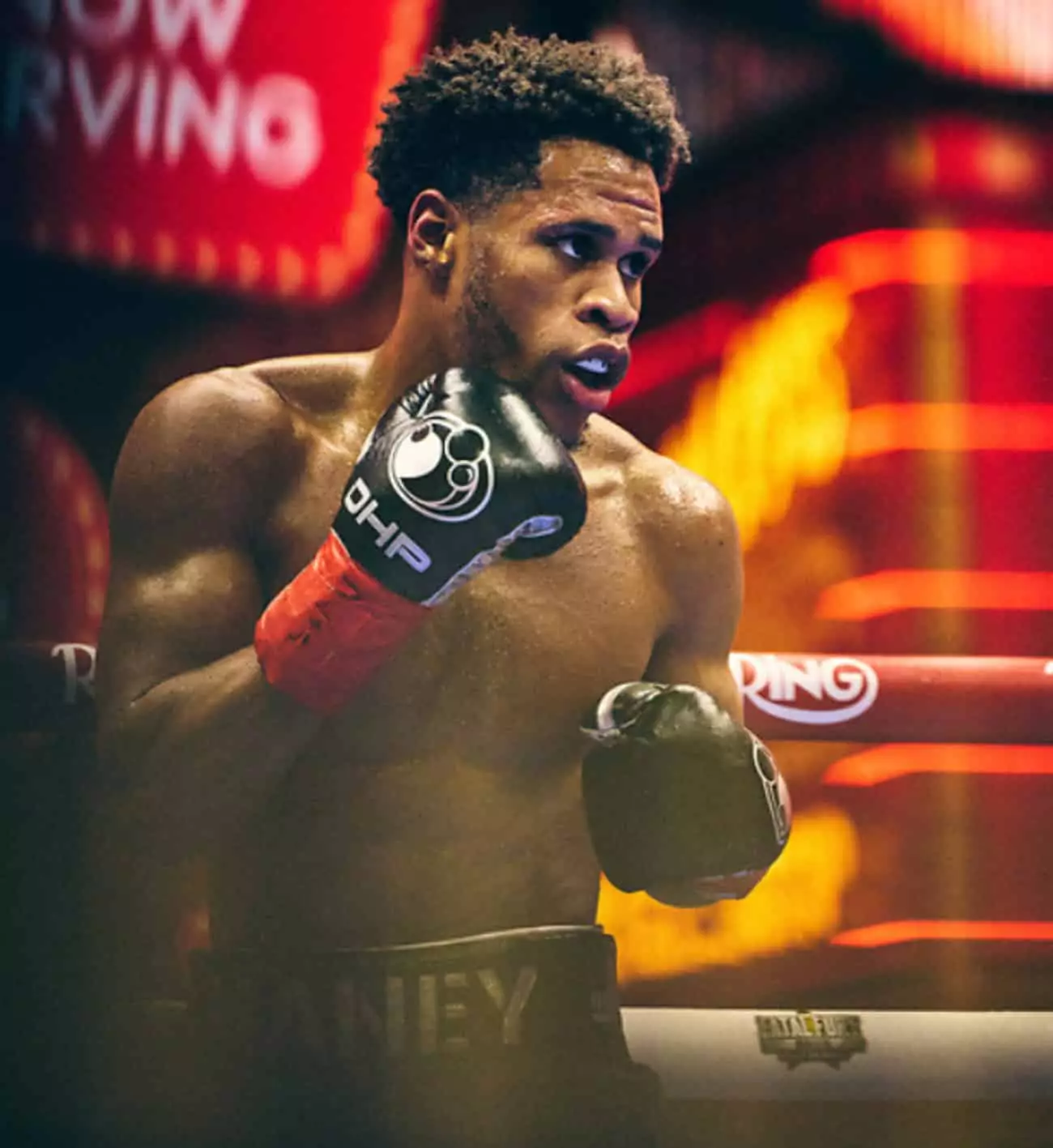In the gritty world of professional boxing, the physicality of the sport is often highlighted, but the psychological toll it takes on fighters is frequently overlooked. Boxing isn’t just about muscle and speed—it’s about mental resilience, too. Devin Haney’s recent performance against Jose Ramirez has prompted coach Stephen Edwards to voice significant concerns. Edwards argues that judging Haney based solely on this match is unfair, especially when considering the many challenges that can haunt a fighter, including psychological trauma stemming from past bouts.
Haney, an undefeated fighter with a record of 32-0 and 15 knockouts, faced criticism after what many deemed a lackluster performance against Ramirez. Edwards insists that we must view Haney’s efforts through a compassionate lens, taking into account his battle against not only formidable opponents but also the potentially haunting psychological impacts of his career. The issue of mental health in boxing warrants serious contemplation; it doesn’t merely subside once the gloves come off.
Trauma in the Ring: The Reality of PTSD
Post-Traumatic Stress Disorder (PTSD) is a real and pressing concern for athletes, particularly boxers, who confront head trauma and physical adversity regularly. Edwards’s acknowledgment of the psychological scars left by Haney’s previous fight against Ryan Garcia points to a larger reality that transcends the sport itself. Haney was knocked down three times in that bout, an experience that can be jarring and may linger long after the final bell has rung.
This brings forth the question: how can we expect a fighter to display their best performances when they are haunted by the specter of past traumas? Edwards suggests that if Haney is battling issues like PTSD, it would be irresponsible to headline major pay-per-view (PPV) events without full assurance of his readiness. This sentiment resonates deeply within the sport; mental well-being should necessitate dialogue, acceptance, and, most importantly, understanding within the boxing community.
The Cost of Unpreparedness
What happens when a fighter is not mentally prepared for the ring? The answer lies in the displeasure of the fans who invest their time and money into watching these athletes perform. If Haney’s state of mind affects his ability to engage actively in fights, particularly at the PPV level, fans should not bear the brunt of sanctioning those experiences. Edwards raised a valid point: how can the promoters justify the full price of a PPV event when a fighter might not be at peak capacity?
Boxers like Haney face a significant dilemma. While the spotlight shines brightly, the inner battles they may encounter are often obscured. True, being in the ring requires more than just skill—it demands mental preparedness, too. If Haney was not ready to step back into the ring, it raises ethical questions about who truly profits from the event: the fighter or the promoters capitalizing on his celebrity status?
Performance vs. Perception
The nature of performance in boxing can be as unpredictable as the sport itself. Edwards expressed a belief that Haney should receive grace and time to rebound and rediscover his prowess after suffering significant psychological distress. However, this perspective does not account for the stark realities that fans and promoters face. Boxing is an entertainment industry, and when expectations are not met, discontent can swiftly escalate.
How can a fighter like Haney reclaim his momentum? He must navigate a careful path, perhaps taking lesser fights to rebuild confidence and grow psychologically. Yet, this approach should not be misaligned with the realities of professional sports, where pressure to perform can be relentless. Being perceived as ‘gun-shy’ can become a damaging label, sticking with a fighter long after the associated fight is over.
Healing Takes Time
Edwards’s assertion that recovery from trauma is not a straightforward process is significant. For fighters like Haney, time may be the best remedy. However, this sentiment must be balanced against the expectations of an industry that thrives on performance and entertainment value. Even as the public clamors for a fighter’s return to form, patience is a necessity for genuine healing. The complexities of mental health in sports will continue to be a topic of discussion, especially in a world that places relentless demands on its athletes.
As Haney navigates the tough transition from psychological strain to reinstated prominence in the boxing arena, the support from coaches, management, and fans alike will play a crucial role. His journey is emblematic of the greater conversation around mental health in sports, underscoring that true strength lies not only in physical resilience but also in overcoming psychological hurdles. The boxing world must approach this narrative with empathy, recognizing that mental fortitude is as essential as physical prowess in this grueling sport.

